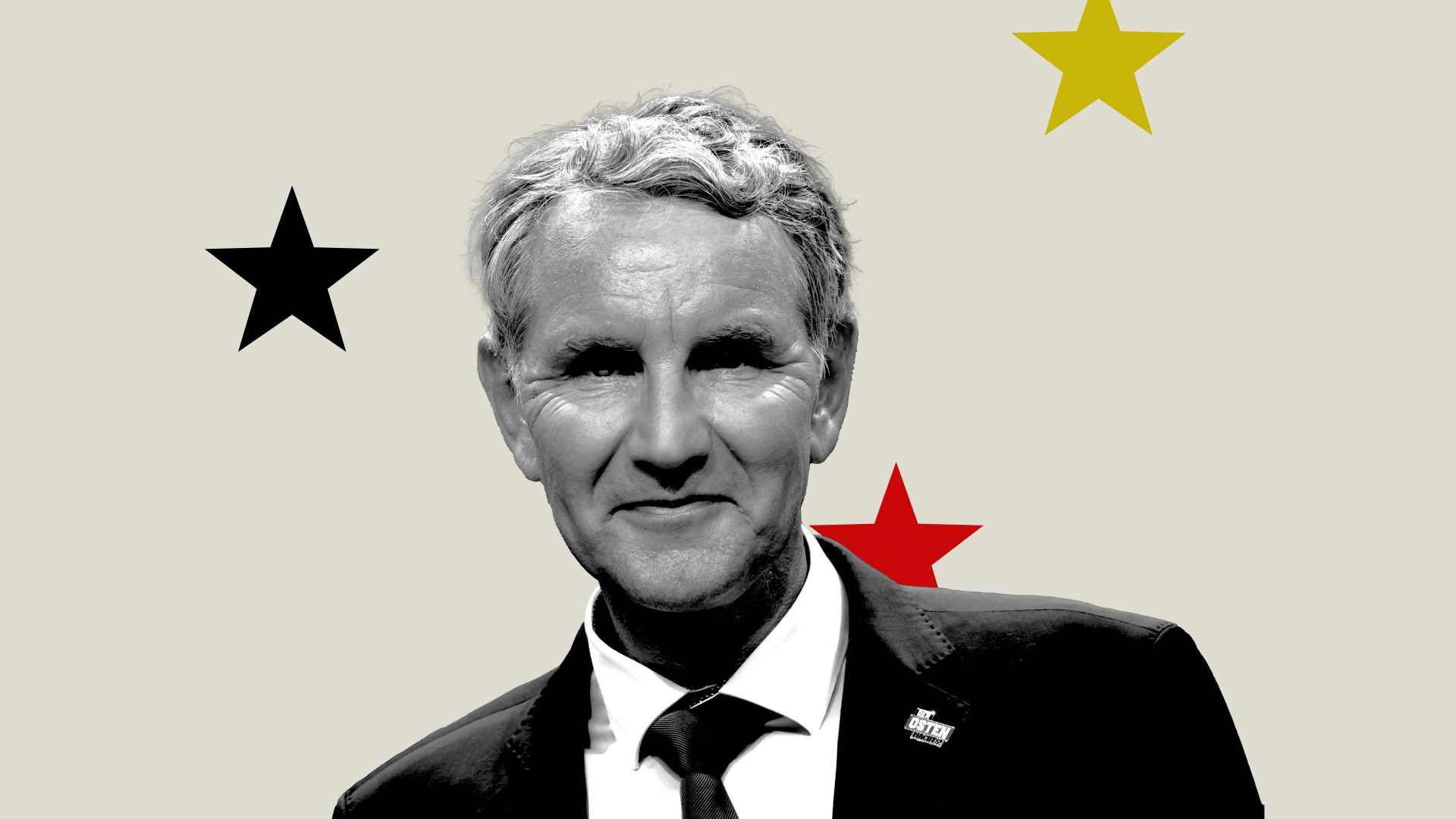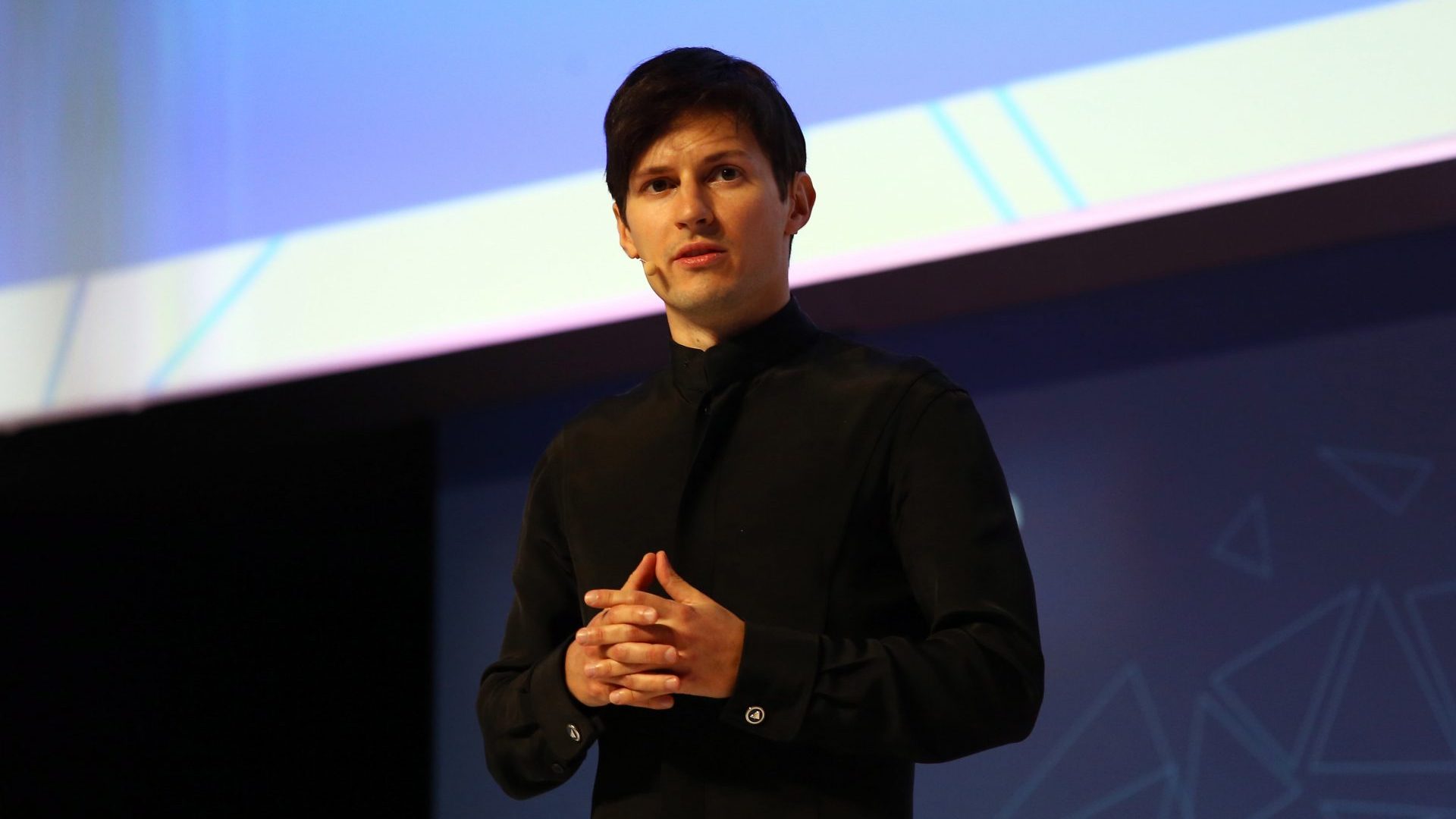The writing was on the wall. Last Sunday, for the first time since 1949, a right wing extremist party won a German state election.
The AfD taking top spot was only a matter of time: the party had already secured second place in several previous elections, and not just in East Germany.
In Thuringia, the AfD’s worst of the worst – the notorious radical Björn Höcke – bagged roughly 33 per cent of the votes. In Saxony, the CDU only narrowly won a nail-biter of a race.
Forming coalitions will be tricky in both states, and so far it doesn’t look like the AfD is going to be a part of them, despite their claims to a right to rule.
The newly-founded BSW party came third, however, running on a left wing authoritarian, populist, peacenik, anti-migrant agenda and could be kingmakers.
After several fatal knife attacks committed by asylum seekers, migration turned into the dominating issue for all parties ahead of the elections, and not just among BSW and AfD supporters.
According to exit polls, 77 per cent of people are concerned that crime is on the rise, 67 per cent worry that “too many foreigners are coming to Germany” and people are also worried about the growing influence of Islam. More than half of respondents also fear that they won’t be able to maintain their standard of living and that their quality of medical care and education will nosedive. This makes them see anyone who is benefiting from the annual £33 billion budget for irregular immigration, covering care, accommodation and schooling, as some kind of competitor.
Let’s not jump to conclusions: “only” a quarter of AfD voters share the party’s extreme views, and another quarter is distinctly right wing, but the remaining half doesn’t fit into either category. Germans, after having shown overwhelming support for chancellor Angela Merkel’s open-border policy in 2015, haven’t suddenly turned into xenophobes.
What people are witnessing, though, even those who are the most liberal and humanitarian, is system overload. Local authorities have been saying for years that they can’t cope with migrant numbers, but their pleas were largely ignored. Meanwhile, the federal “traffic light” coalition has openly prioritised naturalisation and indiscriminate welfare schemes.
As a result, only 17 per cent of voters in the exit polls think Olaf Scholz is a good chancellor, while 74 per cent say he hasn’t lived up to his responsibilities. So the election outcome isn’t some freak accident – it’s a result of voters losing patience with politics.
East Germans are more impatient than their (economically better-off) Western counterparts. The latter, too, are tired of German problem un-solving. They haven’t turned to the AfD and BSW parties in such large numbers yet, but that doesn’t mean they never will.
The case of the Syrian terrorist who killed three people in Solingen when he should have been returned to Bulgaria – his point of entry into the EU – is a prime example of why people are fed up.
The subsequent calls to cut state aid for rejected asylum seekers down to “bed, bread and soap” are obviously desperate. It would be a start, though, to actually implement existing EU regulations that allow Germany to deny entry to refugees coming through safe third countries.
In practice, this only works at the Swiss-German border – not with EU member states. And yet, the government measures announced within hours of the Solingen attack don’t even mention the term “border”.
Last Sunday, when the results were declared, you could set the clock by the outcry to stand firm and “save democracy”. Although with a record voter turnout of 74 per cent, Thuringia’s elections were hardly undemocratic.
Also, calling for more “education in democracy” as a remedy only sends the message to voters that they are being written off as ignorant.
While well-meaning, these self-proclaimed saviours of democracy tend to overlook one fact: even most voters for AfD and BSW don’t have a problem with democracy per se, probably not even with liberal democracy that includes minority rights, asylum, pro-choice and same-sex marriage.
What they do have a problem with is the malfunctioning of democracy, thanks to Kafkaesque and über-complex regulations and the snail’s pace of administration.
It’s only 13 months until the next general election. Too little time to fix all this. But ample time to start trying.




